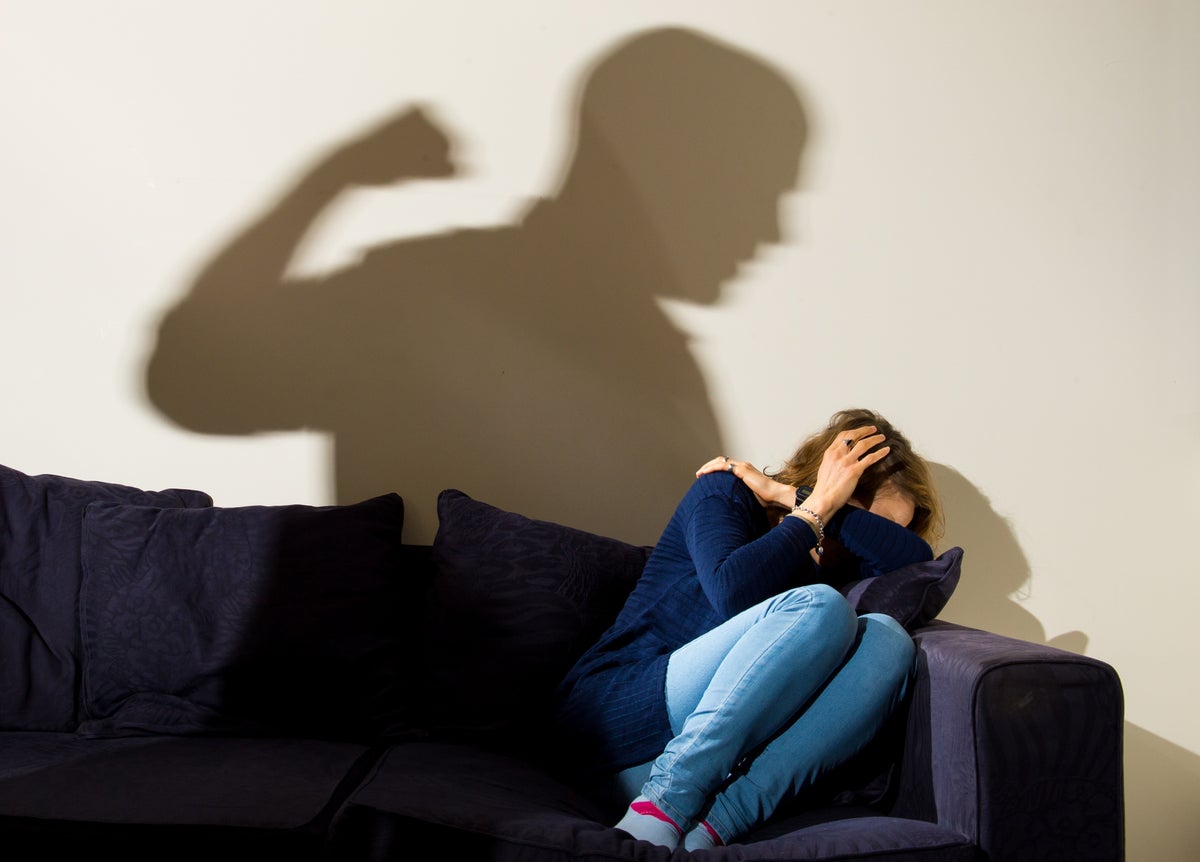
Nearly three quarters of domestic abuse victims say the spiralling cost of living crisis has stopped them escaping their abusive partner or made it trickier for them to flee, according to new research.
The study, carried out by Women’s Aid, a leading domestic abuse charity, found reasons victims cited ranged from not being able to afford the cost of living on one person’s income to fear of falling into debt or struggling to support children.
Other issues included concerns their benefits would not be sufficient to pay for rising living costs as well as not being able to afford the up-front cost of leaving their abusive partner – such as forking out for a deposit on a new place to live or paying for new furniture.
Women’s Aid polled 137 women who were enduring domestic abuse currently or have been subjected to domestic abuse in the past year – with as many as 96 per cent revealing the cost of living crisis has harmed their finances.
While two thirds of those polled reported their abusive partners are now wielding the mounting cost of living and fears about economic hardship as a weapon for coercive and controlling behaviour. Over a fifth of victims said their abuser is using soaring living costs to defend monitoring their access to money – with this including curbing money for staples.
Farah Nazeer, chief executive of Women’s Aid, warned the cost of living crisis has been “devastating” for domestic abuse survivors.
“We know that domestic abuse and economic abuse go hand in hand, with abusers often controlling every aspect of a woman’s life. The soaring energy and food costs, coupled with stagnant wages, will leave many women more vulnerable to abuse,” she said.
“We urge the government to provide an Emergency Support Fund for Survivors to offset the impact of the cost of living crisis. We also ask that the government offers discounts on energy bills to domestic abuse services that provide lifesaving support.
“We are quickly approaching the winter months where the crisis will only get worse. Survivors have suffered enough, having been trapped in their homes during Covid. They must be offered the help they need to support their children and to be free from abuse.”
More than two thirds of victims reported having to spend increasing amounts of time cooped up at home due to not having enough money to go out and about or having to spend more time working.
Dr Nicola Sharp-Jeffs, founder and chief executive of Surviving Economic Abuse, said physical safety cannot be differentiated from economic safety.
She added: “A lack of financial stability prevents women from leaving an abuser, it prevents women who do manage to leave from rebuilding their lives safely and it is why many feel they have no choice but to return.
“The cost of living crisis will only force more victims into these dangerous situations. We saw how the coronavirus pandemic provided another tool for abuse.
“Abusers used the situation to their advantage, establishing or increasing control over their partner’s finances and taking advantage of the financial instability caused by the worsening economic climate.”
She noted this report reveals “the same is happening again” as she called for the government to impose immediate measures to tackle these issues.
“With the effects of the pandemic still ongoing, and the cost of living crisis yet to hit its peak, the compounded impact will be catastrophic for victim-survivors of economic abuse.”
Dr Sharp-Jeffs said her charity is backing Women’s Aid’s demand for an Emergency Support Fund for Survivors as well as energy bill reductions among other measures, adding: “This cannot wait – the lives of victim-survivors are at risk.”
Between two and three women are murdered each week by their partners or ex-partners in England and Wales. One in four women will suffer domestic abuse at some point during their lives - with domestic abuse having a higher rate of repeat victimisation than any other crime.
The report comes after inflation recently surged to a new 40-year high, reaching 9.4 per cent, with the Office for National Statistics warning food and fuel prices were key factors behind the rise. Millions of Britons are believed to be behind on paying household bills.







